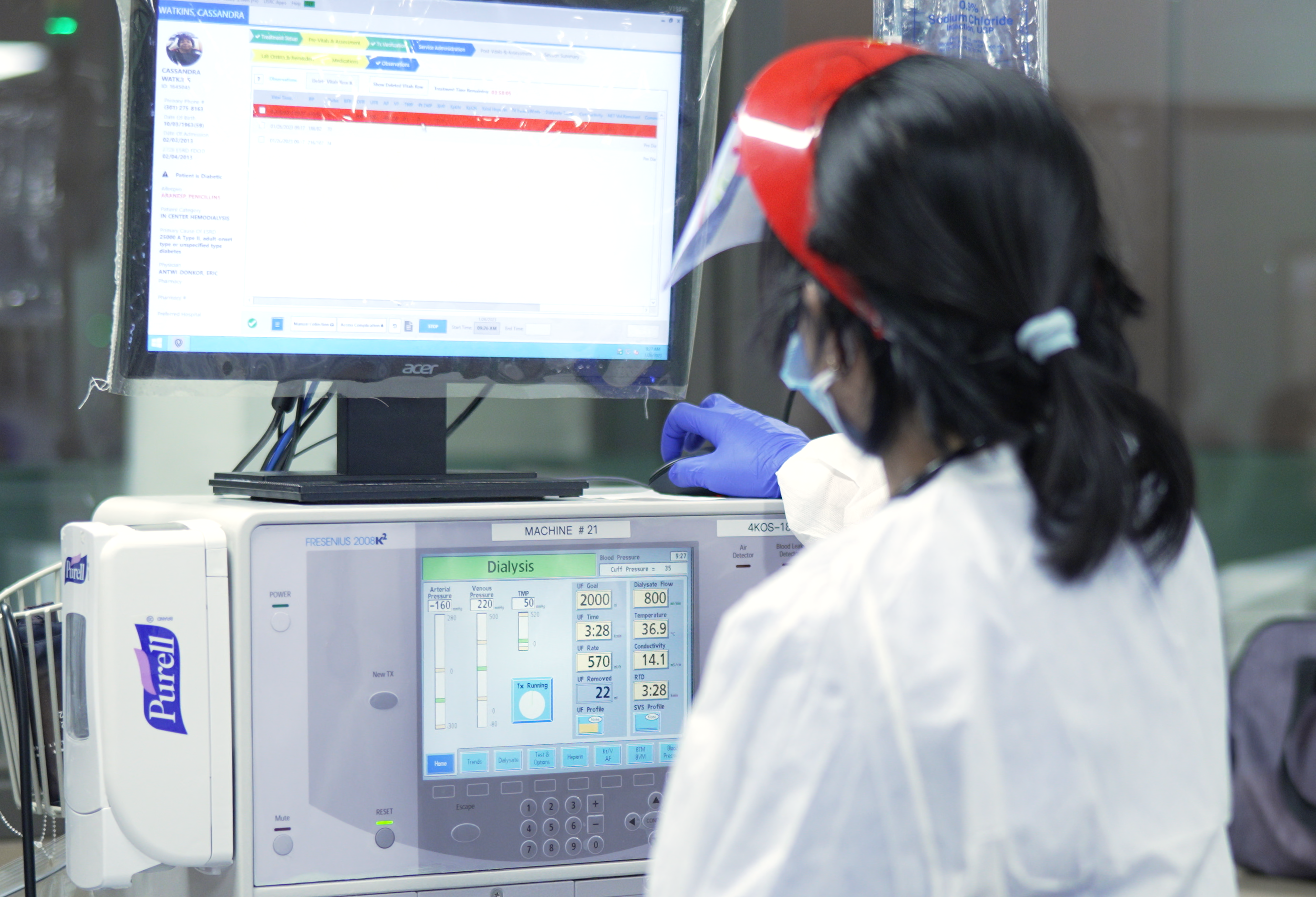At the National Kidney Foundation, we believe that everyone who needs a kidney should get a kidney. Learn about kidney transplantation and living donation. #TransplantsforAll

Thinking About Kidney Transplant?
Explore kidney transplant and if it might be right for you.

Finding a Living Donor
There are many benefits to getting a transplant from a living donor.

Kidney Learning Center
Learn More About the First Steps to Transplant
A self-paced online guide to transplant evaluation and getting on the waitlist.

Kidney Learning Center
Learn More About Finding a Living Donor
Tips to write and share your story. Plus, hear from others who have a received a living donor kidney transplant.

Where to Start
There is a lot to think about before deciding to become a living donor.

Navigating the Process
Learn more about what to expect before and after donating.

How to Donate

Kidney Learning Center
Becoming a Living Donor
Learn everything you need to know about donating a kidney in this free, self-paced online program.

Care After a Kidney Transplant
What is life like after a kidney transplant? Learn how to care for yourself and your new kidney.

Kidney Learning Center
What to Expect After Kidney Transplant
Get information and tips for managing your health after a kidney transplant in this free online program.
Through the NKF Peers program, speak with someone who has been through the kidney transplantation or living donor process.

A trained professional will listen to your concerns, help answer your questions, and provide free resources on kidney transplantation and living donation.
A safe, supportive, and anonymous place where patients and caregivers can share experiences, ask questions, and get answers related to kidney health, kidney disease, transplantation and living organ donation.
Join an in-person or virtual transplant program in your area.
Get Involved

Accelerate Patient-Focused Cures and Treatments

Provide Salary Support to Living Donors
The Circle of Excellence celebrates employers and organizations that help eliminate barriers to living donation.

Continuing Medical Education for Healthcare Professionals
Professional Education Resource Center (PERC) is designed for professionals committed to improving patient outcomes.
Transplants for All Initiative: Our Goals
We imagine a world where no one dies waiting for a kidney transplant.
Increase Living Donation
Double Living Donations by 2030
Increase Deceased Donation
Double Deceased Donations by 2030
Increase Equity in Transplant
Reduce Disparities at Each Step to Transplant by 2030
Transplant Advisory Committee
Thank you to our multidisciplinary leadership group for their ongoing contributions in the shaping of NKF’s Transplants for All Initiative.

One day, no one’s life will be lost to kidney disease.
- Equip patients and families with knowledge, resources, and access to high-quality care.
- Advocate for policies that address disparities and prioritize kidney health for all.
- Fund research and technology to advance early detection, improve treatment, and expand transplant access.

